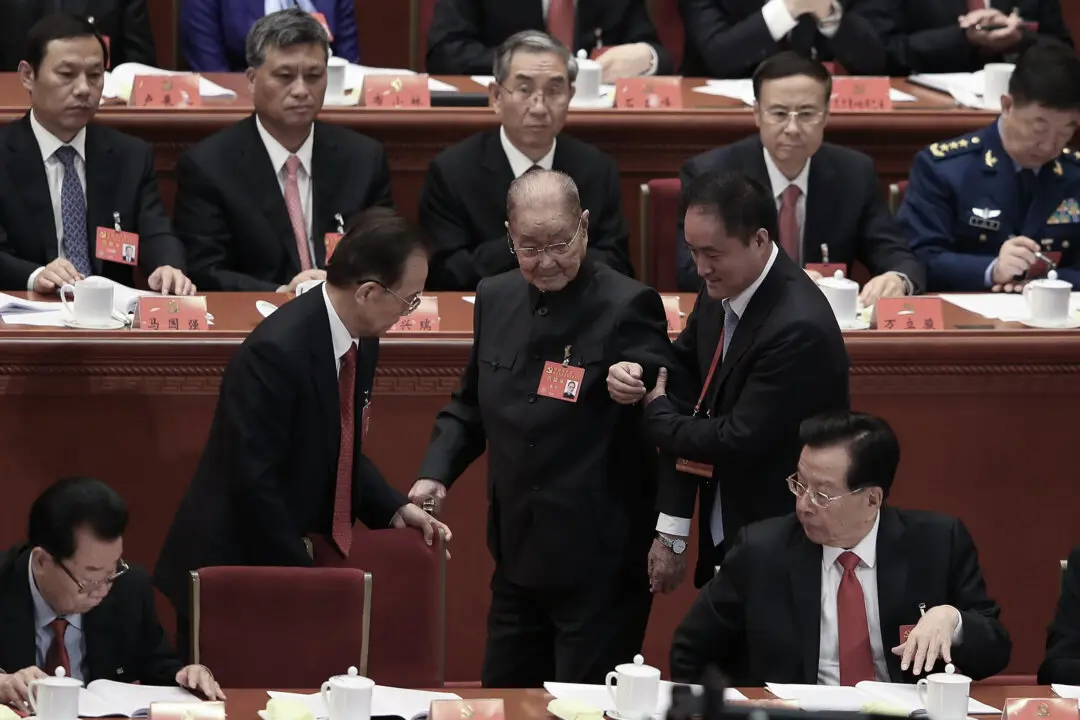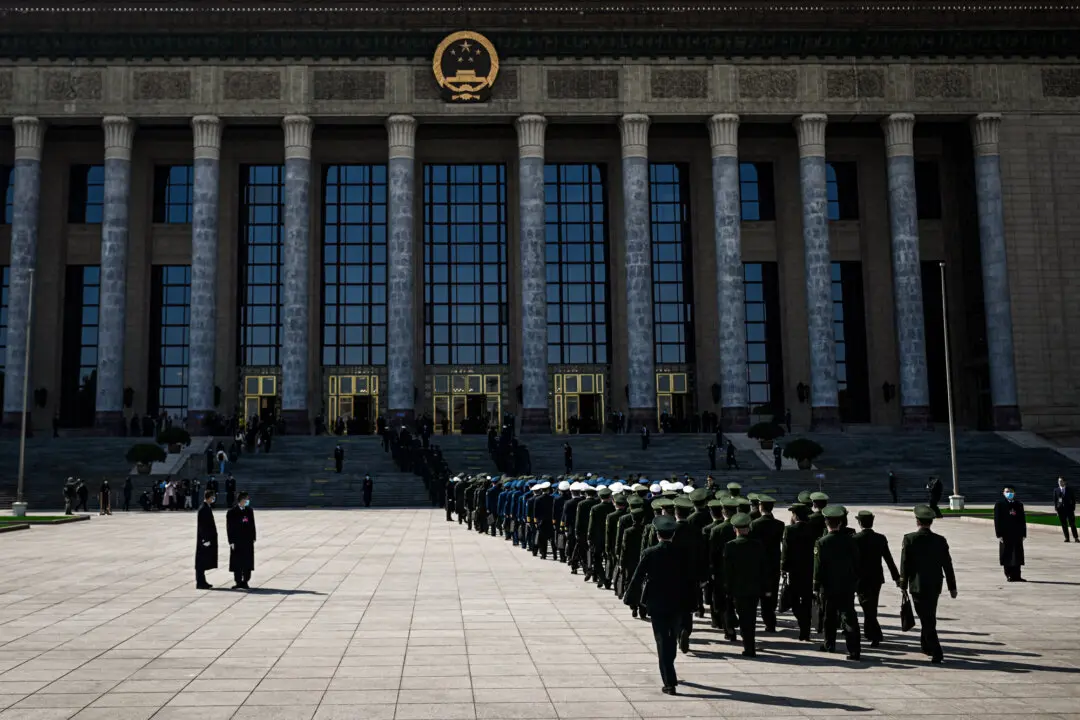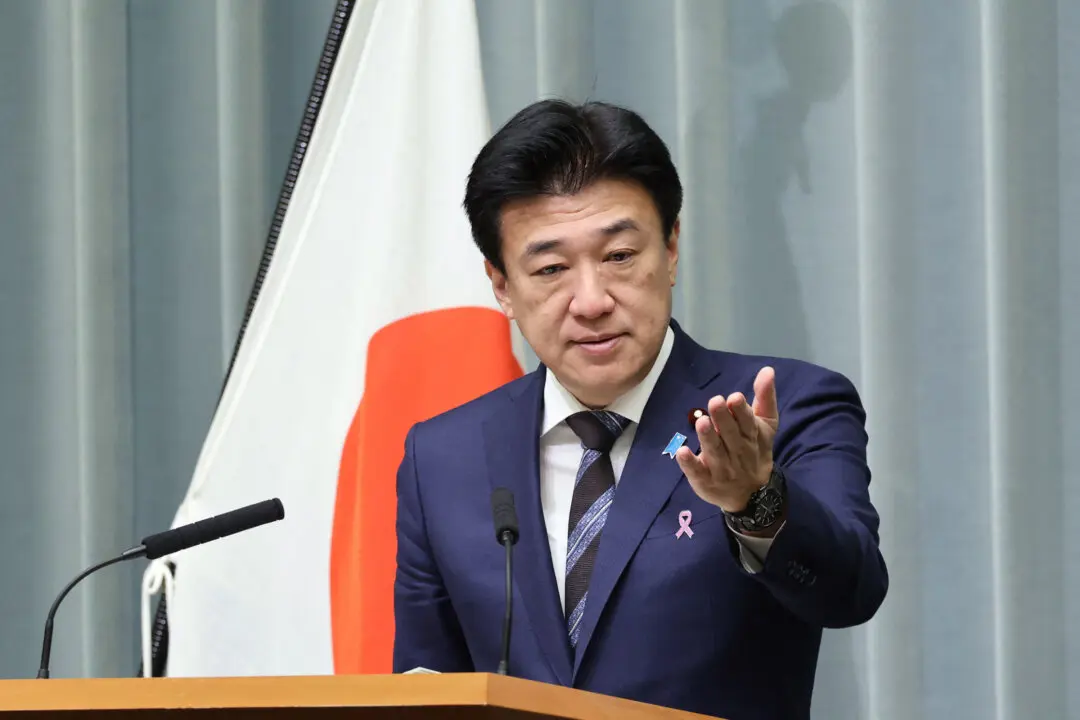A video advertisement released by TikTok featuring an Air National Guardsman has drawn concerns among two Republican lawmakers, who say it appears to be a “de facto” endorsement of the U.S. military of the Chinese-owned video app amid heightened security concerns.
“Chinese intelligence and security services use TikTok to surveil, exploit, and manipulate the American people,” Rep. Elise Stefanik (R-N.Y.) and Sen. Josh Hawley (R-Mo.) wrote in a letter (pdf) addressed to Gen. Daniel Hokanson, chief of the National Guard Bureau.




